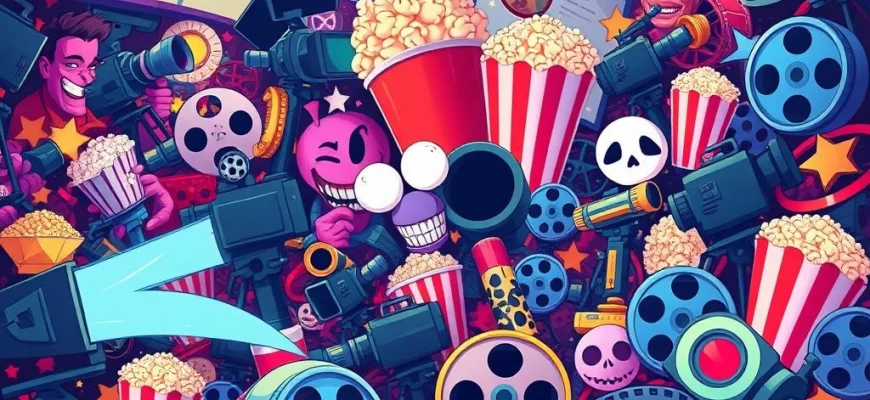If you enjoyed the outrageous, boundary-pushing humor of 'Movie 43' (2013), you're in for a treat! This article explores 10 similarly wild and unconventional movies and shows that deliver the same level of absurdity, shock value, and dark comedy. Whether you're a fan of sketch-style humor or just love films that don't hold back, this list will introduce you to your next favorite watch.
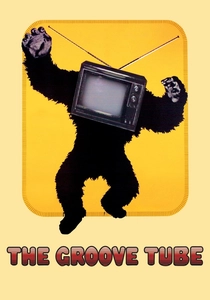
The Groove Tube (1974)
Description: A pioneering sketch comedy film that parodies television and media with absurd, often risqué humor. Its fragmented structure and satirical edge mirror the reference title's approach to comedy.
Fact: One of the first films to satirize television programming. It was shot on a shoestring budget and became a cult hit.
 Watch Now
Watch Now 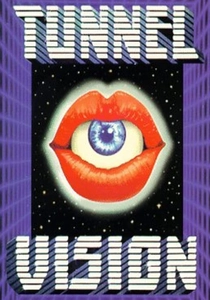
Tunnel Vision (1976)
Description: A satirical sketch comedy that lampoons television and societal norms with a mix of absurdity and sharp wit. Its unapologetically crude humor and rapid pacing are reminiscent of the reference title.
Fact: The film was produced by the same team behind 'The Groove Tube.' It features a mockumentary-style segment about a fictional TV network.
 Watch Now
Watch Now 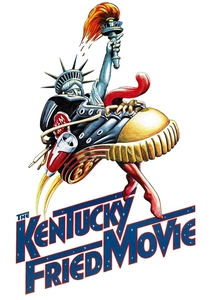
The Kentucky Fried Movie (1977)
Description: A raunchy, irreverent sketch comedy film that blends absurd humor with satirical takes on pop culture, much like the reference title. Its rapid-fire jokes and over-the-top scenarios create a similar chaotic and unpredictable viewing experience.
Fact: The film was co-written by the Zucker brothers and Jim Abrahams, who later created 'Airplane!' It features a parody of Bruce Lee called 'A Fistful of Yen.'
 Watch Now
Watch Now 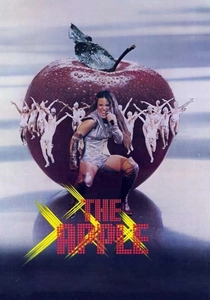
The Apple (1980)
Description: A bizarre, campy musical set in a dystopian future, filled with over-the-top performances and satirical jabs at the music industry. Its absurdity and willingness to embrace weirdness align with the reference title.
Fact: The film was a notorious flop upon release but gained a cult following. It was directed by Menahem Golan, later known for 'The Cannon Group.'
 Watch Now
Watch Now 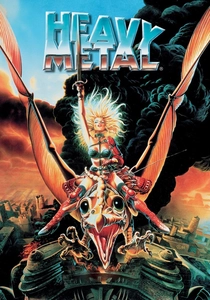
Heavy Metal (1981)
Description: An animated anthology of sci-fi and fantasy stories with adult themes, dark humor, and surreal visuals. Its episodic nature and boundary-pushing content echo the reference title's irreverence.
Fact: Based on the cult magazine of the same name. The film features a soundtrack with iconic rock bands like Black Sabbath and Blue Öyster Cult.
 Watch Now
Watch Now 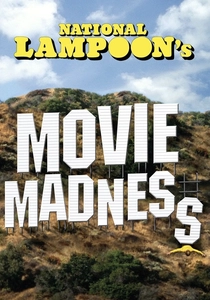
National Lampoon's Movie Madness (1982)
Description: An anthology of outrageous and often crude comedy sketches that push boundaries with absurdity and satire. Its fragmented storytelling and willingness to offend for laughs align closely with the reference title's style.
Fact: Originally titled 'National Lampoon Goes to the Movies,' it was heavily edited before release. The film includes early appearances by future stars like Michelle Pfeiffer.
 Watch Now
Watch Now 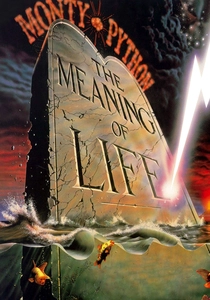
Monty Python's The Meaning of Life (1983)
Description: A surreal, sketch-based comedy that tackles existential themes with absurdity and dark humor. Its fragmented structure and willingness to offend for laughs are similar to the reference title.
Fact: The film includes the infamous 'Mr. Creosote' sketch. It was the last full-length feature by the Monty Python troupe.
 Watch Now
Watch Now 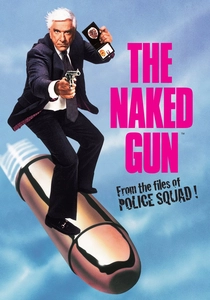
The Naked Gun: From the Files of Police Squad! (1988)
Description: A slapstick comedy filled with rapid-fire jokes, visual gags, and satirical takes on crime films. Its over-the-top humor and chaotic energy mirror the reference title's style.
Fact: Based on the short-lived TV series 'Police Squad!' The film features Leslie Nielsen in his iconic deadpan role.
 Watch Now
Watch Now 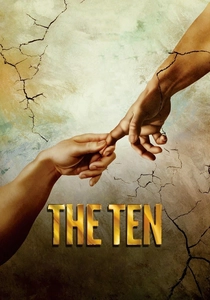
The Ten (2007)
Description: A darkly comedic anthology film that reimagines the Ten Commandments with absurd, often inappropriate humor. Its episodic structure and willingness to shock align with the reference title's style.
Fact: The film features an ensemble cast, including Jessica Alba and Winona Ryder. Each segment is directed by a different filmmaker.
 Watch Now
Watch Now 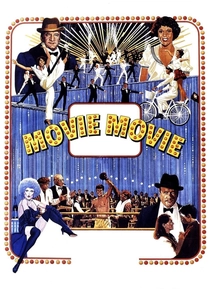
Movie Movie (1978)
Description: A parody of classic Hollywood films, presented as a double feature with exaggerated tropes and comedic twists. Its playful, meta approach to storytelling and humor is similar to the reference title.
Fact: The film includes two separate stories, each mimicking a different genre. It was directed by Stanley Donen, known for classic musicals.
 Watch Now
Watch Now 
